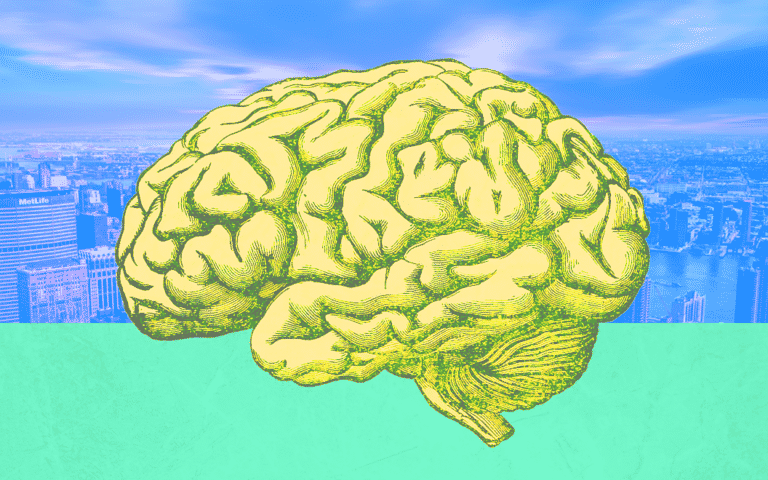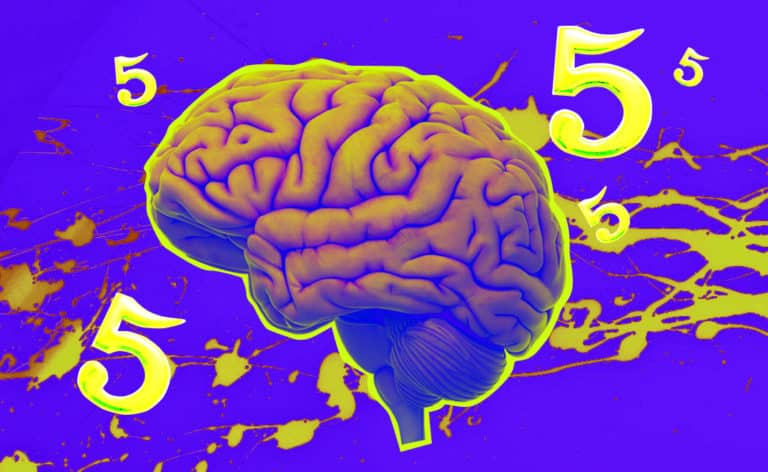Artificial Intelligence and Machine Learning: The Brain of a Smart City

We must carefully consider the ways in which data can personalize smart city experiences, and the bias and privacy concerns of leveraging AI and ML in a smart city context.
3 Ways AI Improves Manufacturing Intelligence

Manufacturers often view AI as highly complex and expensive, requiring end-to-end systems throughout their whole company to work properly. The reality is, AI is much more focused and achievable. It can work on factory floors with minimal construction and get connected to machines via the Industrial Internet of Things (IIoT). With this article, the author presents key advice and three scenarios for how manufacturing intelligence has been used in real settings.
5 Ways to Leverage AI in Your Company’s Strategy

Artificial Intelligence (AI)—using data to train computers to interpret the world around them and make autonomous decisions—is the next major breakthrough for our world, following the computer and then the internet. Here are five ways in which businesses are taking advantage of AI to amplify their potential.
The Convergence of AI and Blockchain and Its Impact on the World

Blockchain and AI technologies are converging in interesting ways. Innovative companies are leveraging the power of big data, the security of blockchain and the value multiplier of AI to understand and serve the world at scale.
3 Ways AI Has Gone Mainstream Without Anyone Noticing

AI has been making a big splash in the media in recent years, with big-name players making headlines with their dazzling new technologies. In reality, though, AI is already all around us, doing things we don't even realize it's doing. Here are some examples of how AI is changing the world around us—ways that most people probably haven't noticed.
The Difference Between Artificial Intelligence, Machine Learning, and Deep Learning

Explanations of Artificial Intelligence, Machine Learning, and Deep Learning and how they’re all different. Plus, how AI and IoT are inextricably connected.
Popping the AI and Robotics Hype Bubble

To capitalize on the productivity gains of increased robot use, we need to dispel the myths (and mystery) about robotics, advocating for balanced media and communications around robotics and artificial intelligence.
5 AI Use Cases for Enterprise Resources Planning (ERP)

There are several ways in which AI can amplify the Enterprise Resource Planning (ERP) systems. Those use cases include sales management, customer service/experience, inventory management, financial management, and human resources. This article provides an overview of those use cases.
Will Artificial General Intelligence Ever Rival Humans?

Futurists are predicting a full-scale disruption in the near future. Some think machines will surpass human intelligence in most domains by 2045. But there is a whole array of obstacles standing in the way.
How the Replacement of Blue-Collar Jobs by AI Will Impact the Economy

The integration of AI and ML into an increasing number of jobs will yield many benefits in the short run, but, in the long run, its implications are much more ambiguous and may have devastating effects.